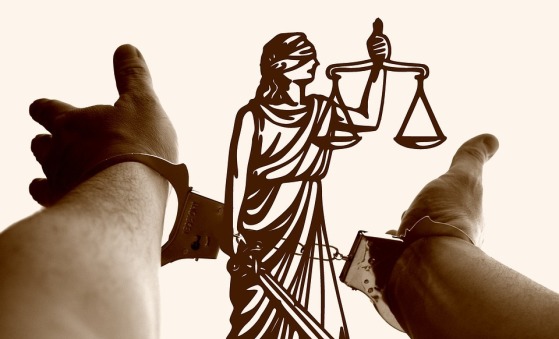
A disturbing incident at the district hospital in Panna, Madhya Pradesh, has ignited public outrage after a Muslim man was refused the opportunity to donate blood for a critically ill Hindu woman. The refusal, captured on video and circulated widely on social media, has drawn sharp criticism, with many condemning the communal overtones of the situation.
According to reports, the incident occurred when Pawan Sonkar, a resident of Ajaygarh, brought his mother to the district hospital for treatment. His mother was diagnosed with a severe blood deficiency, and the attending doctors urgently requested him to arrange a blood donor. In response, Sonkar brought his friend, Raja Khan, a Muslim, to donate blood.
However, a technician at the hospital's blood bank refused the donation, citing the donor's religion as the reason. The brief video clip, which surfaced on September 8, shows Sonkar confronting the technician, questioning the basis for the refusal. The technician can be heard saying, "Muslim blood cannot be given to a Hindu patient," and expressing concerns that "our jobs would be at risk if we proceed."
The video has sparked outrage across social media, with many expressing their disbelief at the blatant communal bias exhibited in a medical setting. Journalist Astha Svyasachi voiced her dismay on X, stating, “From streets to schools to hospitals, the venom has spread far and wide. This bigoted doctor should be suspended.” Noted social activist and scholar Apoorvanand also voiced his sorrow on X, lamenting, "We had to reach here: Hindus cannot be given Muslim blood."
Official responses and conflicting claims
In response to the incident, the civil surgeon at the hospital, Dr. Alok Gupta, provided a clarification to Aaj Tak that added a new dimension to the unfolding controversy. Dr. Gupta acknowledged that the incident took place on June 22, months before the video went viral, and confirmed that a complaint had been lodged. He claimed that after further inquiry, blood was eventually taken from the donor, Raja Khan, but only after it was established that Khan was a close friend of Sonkar’s family.
Further attempts to downplay the incident have surfaced from hospital authorities. Dr. Gupta explained that the technician in question, Ravi Kant Sharma, did not outright reject the blood due to communal reasons but was investigating the possibility of professional blood donors being involved. He added that the technician had only questioned Sonkar's claim that Khan was his "brother" due to their differing religious backgrounds, which led to the awkward exchange captured on video.
Attempts to contain the damage
As the video gained traction, several sources appeared to take a softer stance on the incident. One Hindi news source, covering the issue after the video went viral, suggested that the refusal might have stemmed from routine protocols at the hospital aimed at preventing exploitation by professional blood donors. The report claimed that professional donors often operate in such facilities and that rigorous screening is necessary to ensure the integrity of the blood donation process.
Another Hindi source reiterated these claims, emphasizing that the lab technician’s questions were in line with standard procedures. The article further noted that the technician’s queries about the donor’s religion were not a reflection of communal bias but rather part of a broader attempt to ensure that the donation was legitimate.
Fallout and political reactions
The video not only sparked public outrage but also became a topic of discussion in political circles. Senior Congress leader Digvijaya Singh addressed the incident, calling for action against the staff involved.
Despite the backlash, no substantial action has been taken against the technician or other hospital staff, as per reports. Dr. Gupta confirmed that the technician had received a notice to explain his actions but did not mention any concrete steps to discipline those involved. The case remains under review by the Chief Medical and Health Officer (CMHO), and further investigations are expected.




